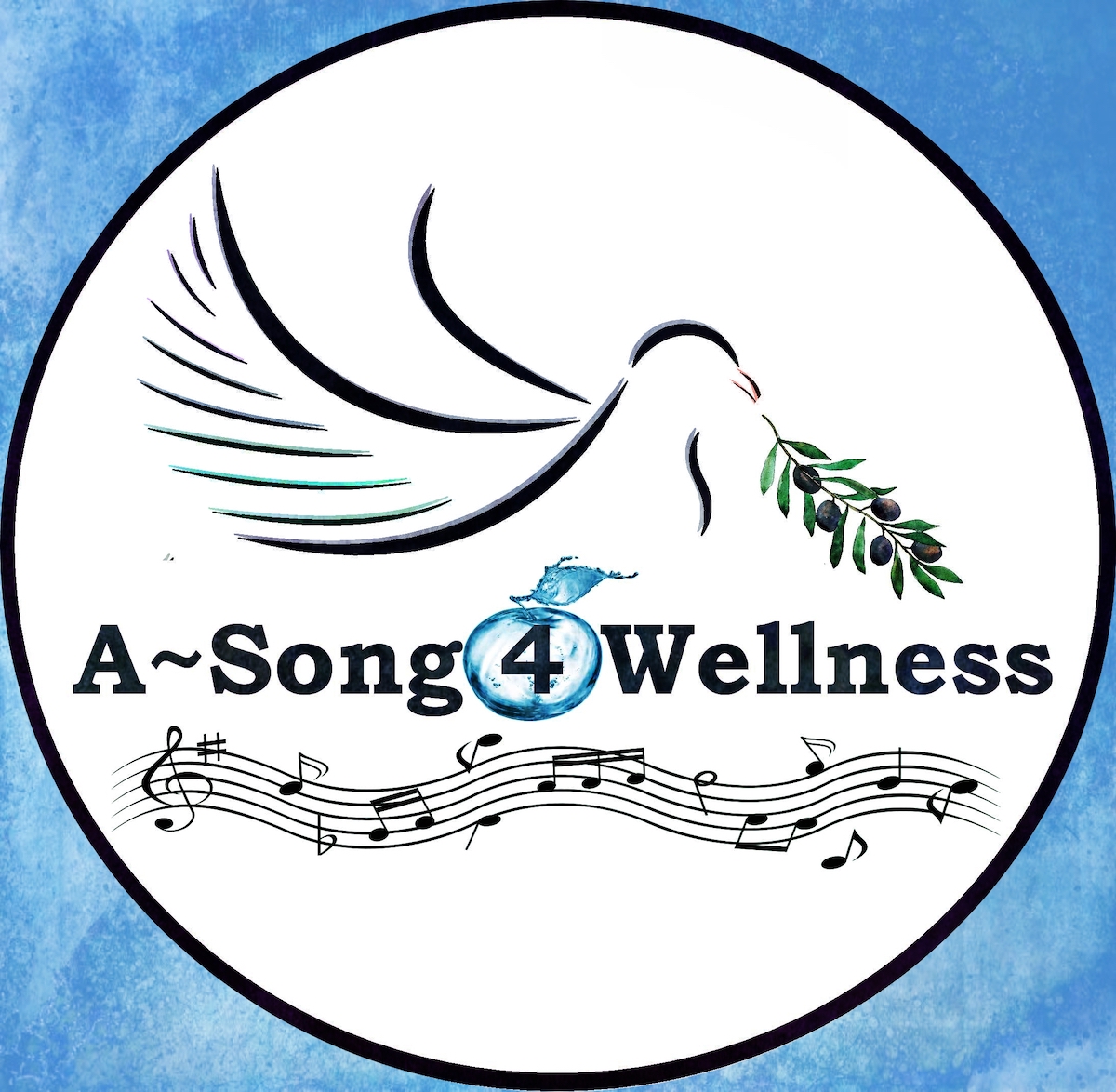Good clean and life-giving nutrition forms the foundation and core of a healthy body and vibrant quality of life. Organic nutrition-rich plants represent food that is consciously grown with care, prioritizing health and derived from living organisms to deliver optimal health and wellness. In simpler terms, this means consuming real food. Plant nutrition is readily absorbed and efficiently utilized at the cellular level, as cells recognize real food and utilize it to build, repair, energize, and nourish the entire body, resulting in healthy cells building healthy bodies.
Cells are the fundamental units of life—the building blocks of all tissues and organs—composed of various smaller parts, each with its specific function. These fascinating mini-factories are the smallest components of living organisms in your body, constantly communicating and responding to environmental signals, including how you move and what you perceive through your senses.
If cells cannot function correctly or efficiently, the natural functioning of your organs and tissues will become compromised, leading to weakened, stressed, or damaged cells and ultimately diminishing physical functioning. All diseases begin at the cellular level, causing a cascade of health issues.
The nucleus, or treasure chest of the cell, houses each person’s unique gene pool and DNA. By nourishing your cells, you are nourishing your entire body and protecting the jewels of your treasure chest, ensuring they remain strong and healthy. Each cell’s nucleus controls everything inside the cell, dictating what it does and produces, with healthy cells maintaining proper communication internally and externally. Imagine each nucleus as containing living jewels, a life-giving library of information on cell history, instructions for purpose and function, and defense systems.
Thus, it is vital that cells receive the purest and richest nutrition possible to perform their functions effectively. Supporting healthy cells requires a variety of vitamins, minerals, and dietary components, all of which are best obtained from organic whole foods. When organic nutrient-rich foods are scarce or compromised, real food supplementation becomes essential for cellular health, so consult a wellness professional for science-based guidance.
The body needs over 50 nutrients for good health, including water, good carbohydrates, fiber, vitamins, trace minerals, minerals, amino acids, and fatty acids. The healthiest foods are rich in these essential nutrients for cellular well-being; in contrast, refined, chemical, artificial, and synthetic foods are toxic and nutrient-deficient, leading to weakened cell structure and function, serious damage, and the inability to communicate properly. This cellular dysfunction can ultimately result in cell death and, eventually, bodily health decline. For the body to fully utilize a nutrient, it must have all its components; whole food matrix nutrients contain all parts of the whole nutrient, whereas conventional foods often lack entire matrices.
Cells are intelligent and know what they need, so when parts of nutrients are missing, they will seek to fill those gaps by robbing necessary components from other body parts or storing them, which is not always a healthy solution. For instance, if the body lacks the full Vitamin C matrix and only has ascorbic acid, it will search for the missing components, and during pregnancy, if essential nutrients are absent, the body may deplete the mother’s cells to support the developing fetus, such as extracting calcium from her bones for the baby’s bone development.
For scientific information and function: reference
http://www.news-medical.net/health/Genes-What-are-Genes.aspx
Recommended easy reading for the whole family: The Human Body by Dr. Rillero TIME for LEARNING: Publication international, Ltd.
Lifespan of human cells
Each cell has it’s own lifespan before it splits, dies off and gives birth to the next cell. (The stages of mitosis). For example, the life of a red blood cell is four months. http://www.jbc.org/content/166/2/627.full.pdf
A healthy cell will reproduce a healthy cell. A sick cell will reproduce a sick cell. A dead cell will not and cannot reproduce itself.
Additional source:
http://www.wisegeek.org/what-is-the-average-cell-life-span.htm#slideshow
A great video on power foods for regenerating cells.
“Refreshing Point” has great recipes and information for living a whole food diet and more.










